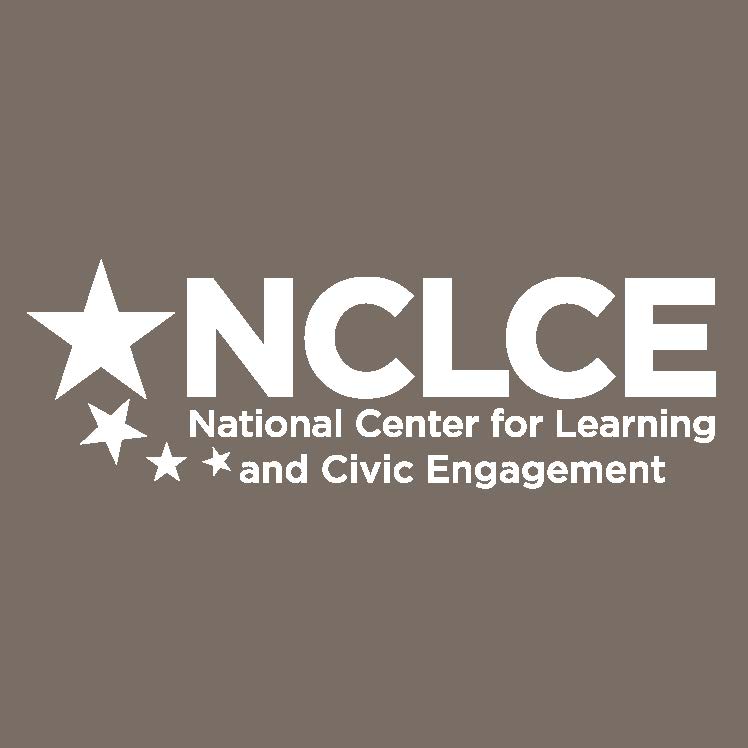Every now and then those of us who follow the news closely will read, view or hear stories that seem separate and unconnected. But, as we think more about them, we make connections and establish a larger context. So it was for me.
First came the alarming civil unrest in Baltimore. What began as a loose collection of youths milling about became something much worse. Upset at the fatal injury of a local resident, Freddie Gray, while in police custody, protesters quickly became rioters.
Within a couple of days, I read about a different kind of protest, this one in Texas. It seems that routine U.S. Army summer exercises for Special Forces in Texas and six Western states generated hysterical worries among a small but vocal minority that the Obama administration was plotting some kind of nefarious takeover, possibly martial law directed out of five recently closed Wal-Mart stores. I kid you not.
The third story that got my attention came in the form of a report from the U.S. Department of Education detailing the results of the latest National Assessment of Educational Progress (NAEP). What could have been dismissed as just one more story about performance problems in our nation’s schools was for me, at least, a connecting of seemingly separate and unrelated dots.
According to the 2014 NAEP tests in civics, geography and history for eighth grade students, only 23 percent demonstrate a proficiency in civics and only 18 percent demonstrate a proficiency in history. And while the report showed that there have been modest improvements among various demographic subgroups over the past two decades, severe disparities persist. African-American students scored 27 lower than their white counterparts, and Hispanic students scored 23 points lower than white and Asian/Pacific Islander students.
In a fairly easy question, slightly less than one-third knew that “the government of the United States should be a democracy” is a political belief shared by most people in the U.S. (The other three choices were “The country should have a single political party”; “The country should have an official religion”; “The government should guarantee everybody a job.”)
Another multiple-choice question asked student to identify a government program associated with America’s aging population. The only appropriate answer was Social Security, which only 39 percent of the students knew – or correctly guessed.
A civics question about voter participation asked students to choose among the following four answers: (a) a majority of Americans never vote in presidential elections; (b) all eligible voters voted in the 1960 presidential election; (c) voter turnout generally declined from 1896 to 1988; (d) fewer candidates have run for president since 1952.
The correct answer is ©, which 59 percent of the students answered. But that is hardly an impressive result, given the fact that the question was accompanied by a graph that showed the answer!
So you get the idea.
Going back to the Baltimore uprising, a civilized society cannot excuse mass violence or looting; hooliganism is not a political movement, and rioting is not demonstrating. By the same token, neither can a civilized people ignore factors that have combined to create feelings of frustration with, alienation toward, and civic disengagement from “the system.” Pervasive poverty and its accompanying social pathologies are real, but so, too, are a lack of knowledge and an awareness of the kind of constructive engagement that can help change the system.
For the sake of discussion and debate, let’s entertain the possibility that the craziness in Texas is another expression of the same general problem – ignorance, alienation, frustration, and a feeling that citizens are powerless to affect positive change in their own existence.
It is time for a serious discussion, informed by real and unbiased scholarship, about the possible linkages between ignorance of social studies – history, geography, government, civics, economics – and urban alienation, the proliferation of “false flag conspiracies,” and other forms of political dysfunction so much in evidence today, in all regions of the country and among various demographic groups.
Providence does not assure the health of the permanence of our republic. As Supreme Court Justice Sandra Day O’Connor phrased it, “Civic knowledge is not passed down through the gene pool; it must be taught.” Indeed it must, and we’d better get on with it before it’s too late. (First published in Real Clear Politics)




